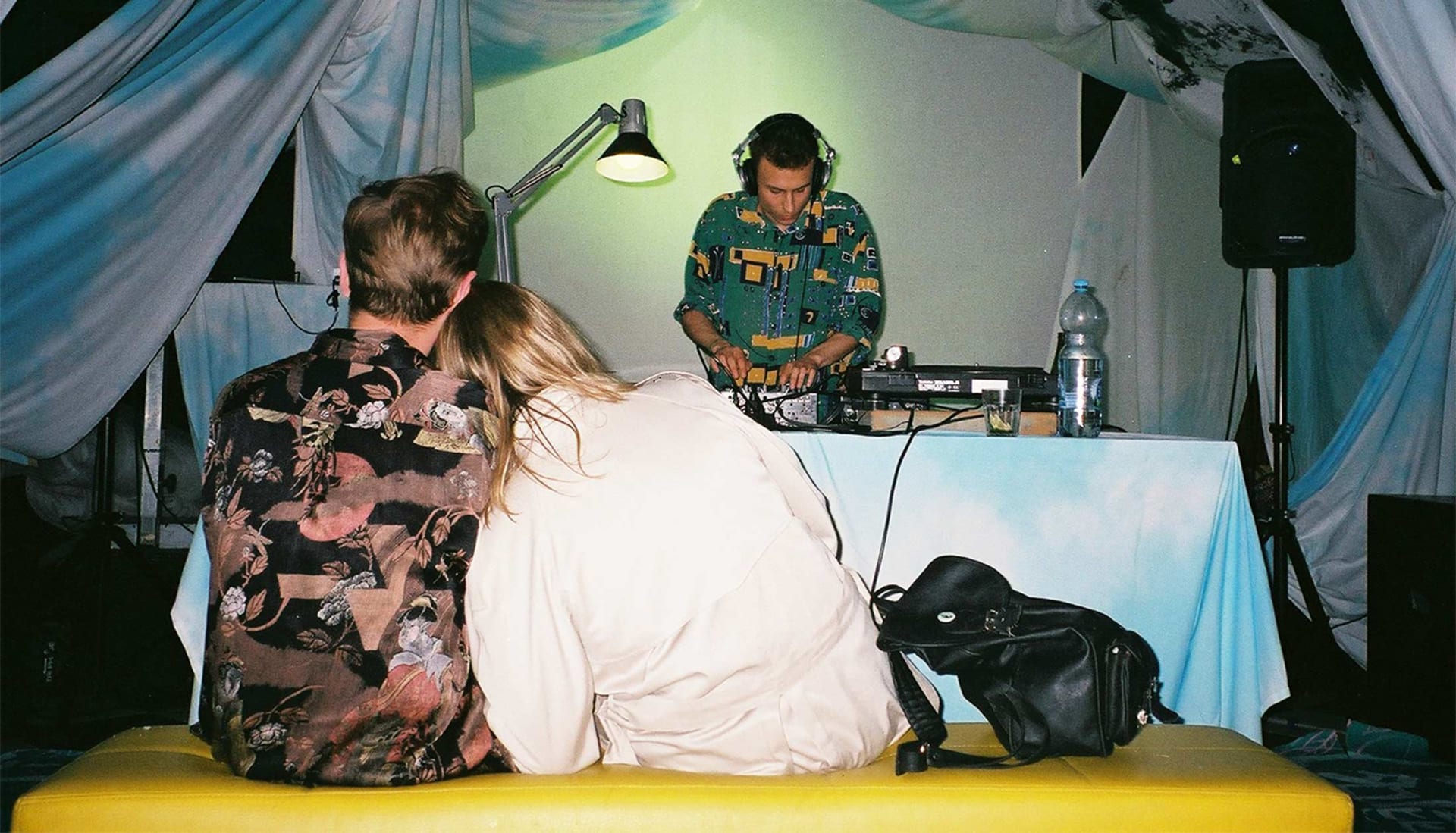
How Krakow’s Small But Thriving Club Scene Is Struggling To Overcome Its Size
Stepping up to the door of Krakow’s dimly lit cellar bars and nightclubs is often like stepping into a labyrinth of smoky, bricked, barrel-vaulted ceilings. The path to the dancefloor is rarely straightforward. But upon arriving at the musical destination, it becomes clear that the setting was worth the hard work to get there. The underground electronic music scene in Krakow, Poland is similar in many ways.
The community is not large, but it punches well above its weight. Despite this, it still struggles with numbers. “You can’t stress that enough,” says local DJ and producer Eltron (a.k.a. Marek Stuczyński). “Tourists are one thing, but Warsaw is a metropolis of almost 3 million and Krakow has a population of like 800,000.”
Although party organizers remain steadfast in their pursuit of growth in Krakow, attendance remains an area of uncertainty. “My biggest fear throwing parties is whether people will come or not,” says Charlie (a.k.a. Leona Jacewska).
Her Szum party series—on its 34th instalment—is known in Krakow for an eclectic blend of music, from house to electro. As a DJ she’s likely to play just as wide a range, but in darker tones.
Recently, Jacewska has established a growing fan base in Krakow and has been steadily amassing a long list of gigs abroad, especially in Berlin. But she still worries about inviting someone, offering them less than their booking fee and having few people show up.
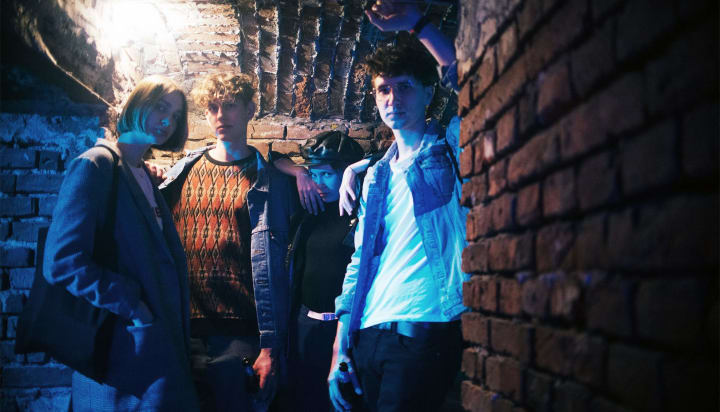
A weak currency in the form of the Polish Złoty (PLN) and logistical problems rooted in poor sound can get in the way of a willing, if small, crowd. While the dancers in Krakow have been keen participants in the growth of Unsound Festival for 15 years, they haven’t necessarily brought the same dedication to the local nightlife scene.
“I think Unsound brings people who are really interested in the music,” says Olivia (a.k.a. Karolina Marut), the co-founder of the We Are Radar party cycle, which recently celebrated its sixth anniversary. “Normally in Krakow, it’s not like that” she laments. The international crowd, which also consists of Polish fans from outside Krakow, constitutes a much different demographic. “[The students] are not really going to parties, they’re sitting in pubs.”
As the executive director of Unsound Festival, Gosia Płysa thinks the city’s population—which also hosts 10 universities and almost 500,000 students—shouldn’t be a problem.
The idea of paying for nightlife is something that the largely student-based Krakow crowd isn’t used to, or interested in. In the past, “people would always pay for concerts and not necessarily club music,” says artistic director of Unsound Festival, Mat Schulz. “Now I think that’s changing, they are a little bit more willing to do that.”
It’s still not easy to book big names. Without a sponsor, “artists that cost two thousand euro are impossible to do in Krakow,” says Marut. In addition to being a resident DJ known for her technical proficiency on turntables and an obscure selection of electro records, Marut is also the booking manager of Szpitalna 1, Krakow’s most reliable club for underground dance music. She plays a big role in developing the city’s nightlife consciousness. That’s in addition to managing an increasingly busy gig schedule, which recently saw her make stops in Berlin, Hamburg and Galway. But as she travels, the unique characteristics of Krakow’s underground dance music scene have become increasingly apparent.
“In every other city in Europe, you can charge 20 euro on the door, but in Poland you have to charge 20 PLN on the door,” co-owner of Szpitalna 1, David Powe-Bowman explains. “You have to get four-times the attendance to cover the costs of what it would cost in any other city.”
Before moving to Warsaw, Stuczyński was a long-time resident of Krakow. He’s familiar with the struggles of throwing parties for a largely student-driven community in a country with a weak currency. “It’s fun when you’re at the party,” he says. But, “it never breaks even, unless you do something really smart.”
After DJing around a hundred gigs per year for over a decade, Stuczyński could be understandably exhausted. Still, he continues to embody an artist who’s ingrained in the community. One recent Friday night, he played an all-night-long vinyl set at Bomba Na Placu—a 20-person dancefloor underneath a small bar—with free entry. As the attendance ebbed and flowed throughout the evening, it became harder to ignore the element of communal outreach present in playing that kind of party.
For Stuczyński, the city’s sense of intimacy can also have negative implications. “It would be fair to note that the Krakow scene has been criticized for being, say, exclusive,” he says. “It’s so kind of tightly knit that to enter it, apart from guests, some people sometimes feel left out or isolated.”
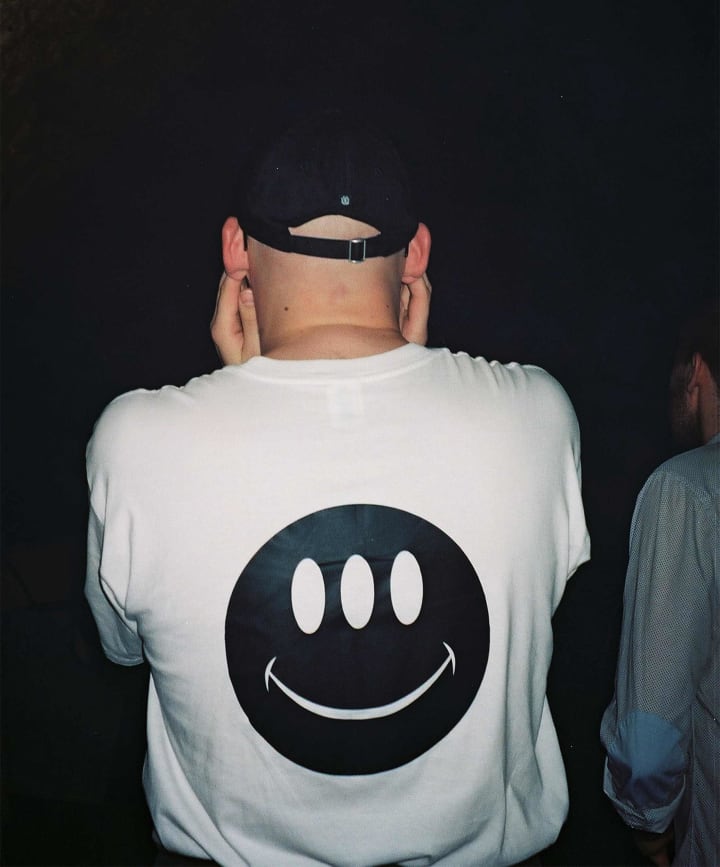
But Płysa thinks that if more venues sprouted throughout the city, it would eventually generate more attendance and harness Krakow’s social tendencies as positive characteristics. She calls Krakow home when she’s not travelling from Adelaide to Azerbaijan for Unsound-produced events.
“I think a wider variety of offers is actually necessary to develop the scene,” says Płysa. “I feel like there are certain kinds of niches happening and they will overlap.” In Krakow, musical styles often inform each other, creating a uniquely eastern sound. Off-kilter, bass-driven techno and experimental noise reign supreme as the popular tastes.
It’s hard to be sure that more clubs would produce more people. According to Marut, during the tenure of Club 89—the space partially owned by Schulz and Płysa that sits below Hotel Forum—both clubs became difficult to sustain. “When Szpitalna 1 and 89 did the same kind of party with the same kind of music, then there were 50 people here and 50 people there,” she says.
To Chino (a.k.a. Artur Oleś), another We Are Radar co-founder, the same applies today. Even though Radar’s musical orientation may be skewed towards synth-driven, crunchy-sounding electro and live music, the presence of other parties in the city remains threatening. “It’s a problem that if someone is doing a big party in Zet Pe Te, it’s almost true that there won’t be many people at Szpitalna 1,” he says. But for the owners of 89, attendance had little to do with its eventual lull.
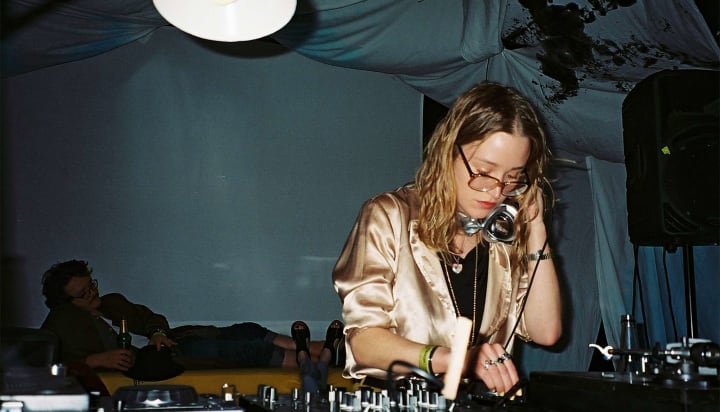
Ultimately, Schulz and Płysa just didn’t have the time to run a club. “We had a total of 11 events around the world last year, and we just knew we couldn’t sustain it,” recalls Płysa. “It was just a question of basically deciding if we want to invest our time and effort into changing the scene here.”
Some nights at 89 featured acts like Call Super, Kangding Ray or experimental Polish artists like Księżyc and Rusałka—a.k.a. Lukasz Warna, the club’s main booking agent. “Considering the program we had, I think we were quite ambitious,” says Schulz. “We don’t program [shows] specifically for a local or Polish audience. We just program stuff we like, and that we think is relevant.”
For Schulz and Płysa, compromising on the bookings was not an option. “That was another reason why it felt quite hard to create the program that we wanted to create and do it every weekend,” says Schulz.
But even without 89—which is not closed, but on hiatus—Krakow’s underground electronic music scene abounds with unique, often hidden, cellar-style venues and performance spaces.
On any given weekend, there could be an electro party at Szpitalna 1, techno at Śwįeta Krowa, classic house at Bomba Na Placu or experimental noise in the basement of Kazimierz’s Alchemia bar. It’s all within 15 minutes of walking and none of the venues would catch the eye of an unsuspecting tourist.
Powe-Bowman understands that it takes persistence to sustain a cultural hub. “You have to always be on your toes, looking for interesting things to do,” he says. “It’s not just one or two days a week, you have to be doing something each day to pay the bills.” Throughout the week at Szpitalna 1, the program is built around not only techno nights, but jazz jam sessions, stand-up comedy and open-decks.
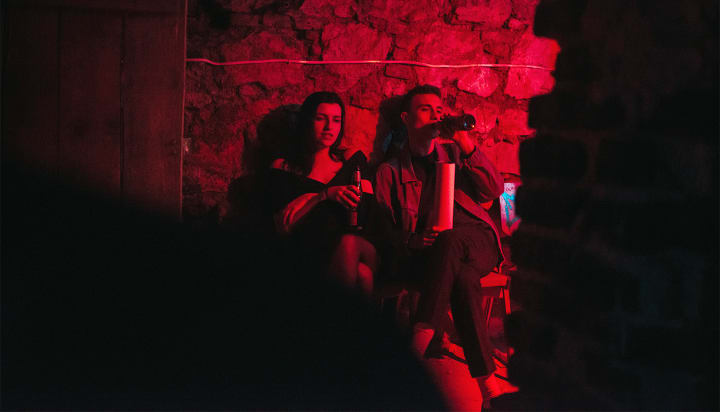
Although many of Krakow’s venues have been open for years, they haven’t always been full of people, or music. “I think why I started [the Szum series] in the beginning, was that there was something that I knew from Berlin and I was missing in Krakow,” says Jacewska. Born and raised in the German capital, she feels that her parties benefit and suffer from Krakow’s hybrid bar and club culture.
Jacewska’s struggles have often had less to do with the presence of good music or appropriate venues, than with educating the crowd that they need to pay for it.
According to Marut and Oleś, it was even more difficult to organize events seven or eight years ago. “All interesting pubs and clubs were free for everyone because students didn’t want to pay,” says Marut. “So the clubs decided to have free entrance and only play local DJs.”
But equipment like the Szpitalna 1’s Void monitors and acoustically treated main room require investment. Many spaces in Krakow still don’t even have a permanent sound system. Promoters risk not only losing money on the talent booking but also on sound rentals. That’s why although Jacewska enjoys spreading her event series across Krakow, in venues like Bomba Na Placu and in the Nowa Huta district, she often hosts her biggest bookings—like Not Waving (live) and Move D—at Szpitalna 1.
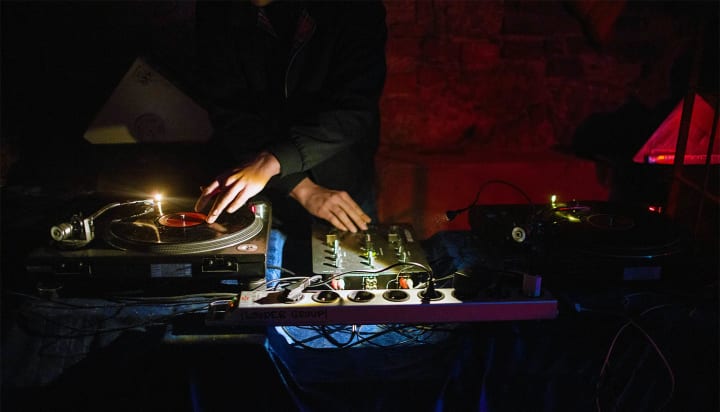
In Jacewska’s gallery space (co-curated by Arkadiusz Półtorak and Martyna Nowicka), Elementarz dla mieszkańców miast, the basement also doubles as a private cellar club. Through her exhibitions and parties, Jacewska is establishing herself as a dedicated proponent of repurposing spaces for art, which has become a Krakow trademark.
While large-scale venues, like Prozak 2.0 are outfitted with long queues and a Funktion-One sound system, you’re unlikely to hear the kind of music put on by venues like Szpitalna 1, Śwįeta Krowa or 89. After those venues, the distinction between appropriate spaces, with willing crowds and a proper sound system, is worryingly large.
“I really hope that it changes and that there will be more stuff going on,” says Płysa. “I feel like the city needs it.”
But for Stuczyński, it’s always been this way. “The nightlife in Krakow that we represent, has always been a minority,” he says. “At any given time, there was always just one to two or maybe three clubs.” While increasing the number of venues has been challenging, improving the ones that already exist has proven a little easier.
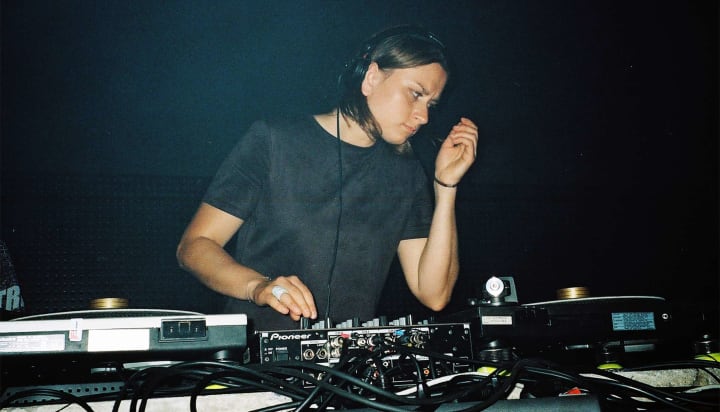
Some club owners, like Powe-Bowman, from Australia, have turned Krakow’s overwhelmingly alcohol-oriented tourism into a useful characteristic. He invites a local pub-crawl to stop by the venue on weekends, just as it opens.
The bar turns a large profit in a short amount of time, and Powe-Bowman can introduce underground electronic music to an audience that may not have encountered it in Krakow any other way.
Before Powe-Bowman took over, Szpitalna 1 was an often empty, hardly-used cellar bar near the old-town square. Today, the club’s main booth is still DIY-spirited, but the turntables sitting on concrete slabs and halved tennis balls are part of a system that is anything but ordinary for Krakow. The sound is strikingly good.
Szpitalna 1 remains the city’s only small-scale, high-quality nightclub. And if the promoters take breaks, the community notices. Jacewska discovered that during her recent stay in Berlin. “I realized how many people were waiting for me to come back and throw this party,” she says. “It’s worth the effort because there are a lot of people that are counting on what I do here.” While the scene remains at times painfully small in Krakow, those propelling it aren’t focusing on the restraints.
It’s a snowball effect,” explains Płysa. “The more effort and love you invest in it and the more people are engaged—not only with a pure commercial focus—the better it is for the scene.”
The financial sustainability of nightclubs in Krakow continues to navigate the thin border between thriving and surviving. But the community of people that fills those bars and nightclubs doesn’t fit into the same category. The scene is flourishing, but it hinges on the people in the crowd finally realizing just how important a role they actually play.
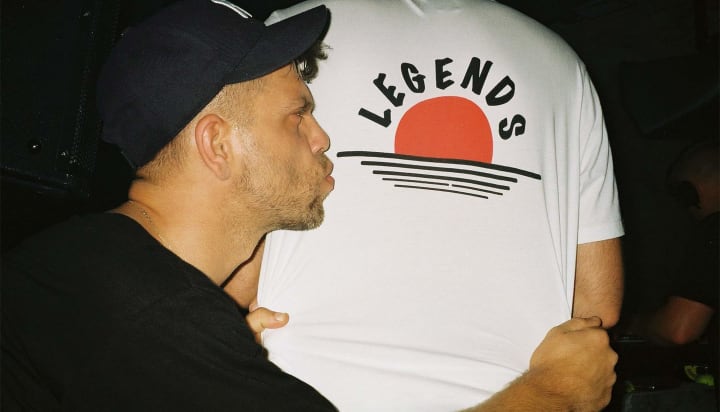
For more photos by Maja Chiara Faber, click here.
Published June 11, 2018.
